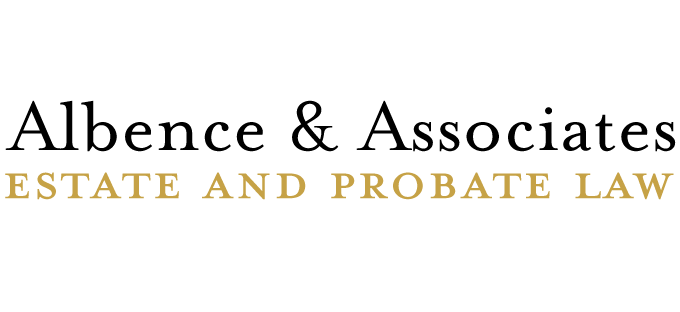Frequently Asked Questions
What is an Estate Plan?
An Estate Planning involves the creation of an organized plan for managing a person’s assets and property while he or she is alive and distributing it after death. A properly prepared estate plan will (1) provide for the orderly care of one’s self and family during times of disability or incapacity; (2) determine who will care for one’s minor children in the event of a premature death; (3) determine who will inherit one’s assets, including when they will receive those assets and in what amounts; (4) avoid probate; (5) eliminate or minimize court intervention; (6) prevent property tax reassessment and preserve California “Prop 13” for transfers of real estate between a parent and child; and (6) reduce taxes.
An estate plan typically includes a Trust, Last Will and Testament, Power of Attorney, Advance Health Care Directive, deeds to transfer real estate to the Trust, and a trust funding plan that addresses the titling issues and beneficiary designations of all assets to allow for orderly administration in the event of death or incapacity.
What is Probate?
Probate is a court supervised process that includes collecting and valuing a decedent’s assets, paying the decedent’s debts and taxes and distributing the decedent’s assets to his or her heirs or beneficiaries. An executor or administrator is appointed by the court at a notice hearing to all the decedent’s heirs within the second degree. A notice of the decedent’s death is published in a newspaper to notify any creditors of the deceased so the creditors can assert claims against the decedent’s estate. The sale of the decedent’s property may be subject to court confirmation. Some refer to this as the property being sold on the “steps of the court house”. Probate proceedings are open to the public and anyone can review the court file, which includes a person’s financial information. Probate is expensive. Fees and costs of probate are based on the gross value of the decedent’s estate and set by law in most cases. Mortgages and liabilities are not considered in valuing the estate for attorney fee purposes. This can end up easily costing one’s estate 2 -10% or more of the net value of their estate. Creating an estate plan using a revocable living trust does not eliminate all fees and costs associated with a death. However it can significantly minimize fees and costs, eliminate the court’s involvement, speed the settling of a decedent’s estate, and minimize the complications for decedent’s loved ones.
How Long Does a Probate Take?
Probate is a lengthy process. The quickest of probate administration cases can be completed in eight months. However, the average time is typically one to two years of time. Some probate administration cases can last well beyond two years.
Is a Will Alone Adequate?
A Will or Last Will and Testament is a significant part of an estate plan. In a Will, one can nominate a guardian for minor children and designate an executor to administer one’s estate. However, a Will alone does not avoid the time and expense of probate, except for estates under $184,500. It often does not allow for maximizing tax savings and does not keep a person’s financial information private and out of public view.
Can a trust or will be challenged?
Yes, a trust or will can be challenged in circumstances where the person creating the trust or will was not of sound mind or under the influence or coercion of another.
Can a trust or will be challenged when a caregiver receives a financial gift?
Yes, if a caregiver is a beneficiary of a decedent’s estate and became involved with the decedent near the end of his or her life, a gift to such a caregiver can be invalidated in many circumstances.
The trustee of a trust is not providing the beneficiaries with information and the person who created the trust is deceased. What can be done?
This type of behavior is a red flag. If a trustee is not providing beneficiaries with information, is slow to respond to requests or is evasive, it is often the sign that the trustee is in breach of the trustee’s fiduciary duties. This is often accompanied by a trustee’s self-serving ulterior motives. A trust’s administration should be transparent with the free exchange of estate planning documents, financial records and status reports between the trustee and the beneficiaries. If this is not happening, it is best for a beneficiary or group of beneficiaries to act swiftly. The longer this type of behavior continues, the worse the situation often becomes and the greater the potential losses to the beneficiaries.
Parents have owned their home for many years and are paying minimal property taxes. Is there a way for a child to inherit the home and keep paying property taxes at the level the parents are paying?
Yes. Often commonly referred to as Prop 13 savings in California, with proper planning and drafting of an estate plan, provisions can be inserted into one’s will or trust to maximize the property tax savings that may be available to a child or children. This can be a significant savings to the child or children when considering the number of years a child may own the property after the parents. The same planning can be used again by the next generation to further increase the property tax savings. This could result in hundreds of thousands in saved property taxes. This type of planning is often more difficult and expensive after a parent’s death, so prospective planning can be significant.
